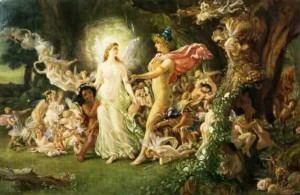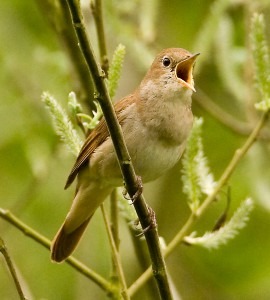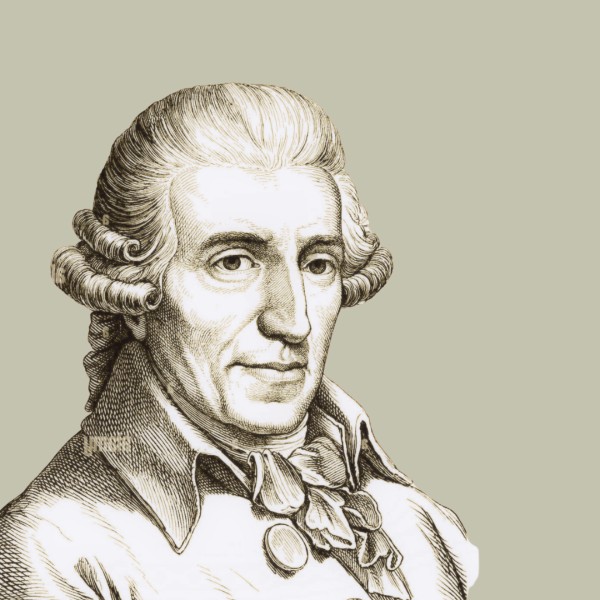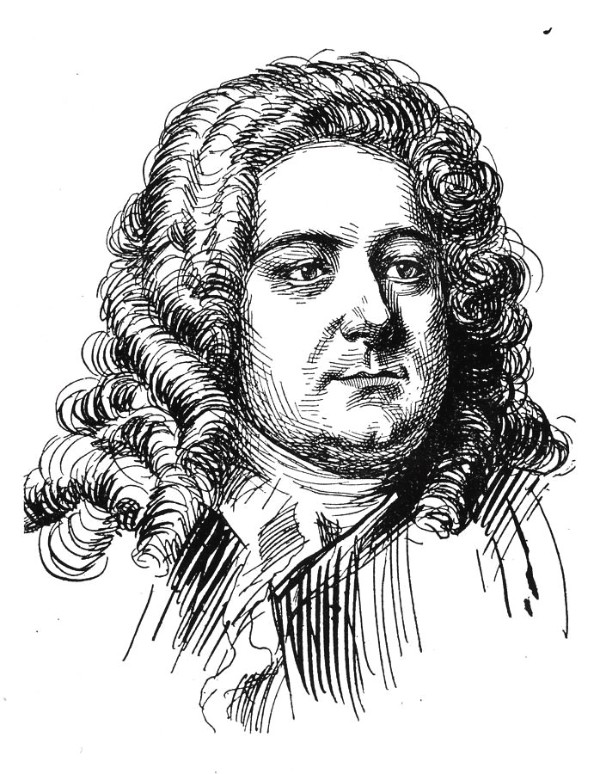
Credit: http://www.wallpapersfolder.com/
The Irish composer John Field and the Polish composer Fryderyk Chopin perfected the piano nocturne. The pieces are quiet, with a song-like melody in the right hand, and carry with them a feeling of repose and quiet.
Chopin: Nocturne No. 1 in B-Flat Minor, Op. 9, No. 1 (Pascal Amoyel, piano)
What was supposed to happen at night except declarations of love and this music seems to carry with it that unspoken and yearning feeling.
One composer who is famed for his night music is Bèla Bartòk. These may be works or even just passages where the night seems to take over as the sounds of nature come forward. In his piano work Out of Doors, the movement called “The Night’s Music” seems to carry an evocation of the miscellany of repetitive insect sounds, while the muted keyboard sound, with its occasional flashes, depicts the rest of the night’s sounds. The work, which is very quiet and uses the resonances of the piano itself, can be quite eerie.
Bartòk: Out of Doors: The Night’s Music. (Jenő Jandó, piano)

Credit: http://bloggingshakespeare.com/
Respighi: The Pines of Rome: III: The Pines of the Janiculum. (Royal Philharmonic Orchestra; Enrique Batiz, Conductor)
The nightingale’s song is itself a symbol of night music and its name itself means “night songstress” from Anglo-Saxon.
The Nightingale

Credit: http://feelgrafix.com/
Falla: Noches en los jardines de Espana (Nights in the Gardens of Spain): I. En el Generalife. (Francois-Joel Thiollier,piano; Polish National Radio Symphony Orchestra; Antoni Wit, Conductor)
One of the most beloved of the night pieces is Mendelssohn’s A Midsummer Night’s Dream, the incidental music for Shakespeare’s play, all set on Midsummer’s Eve. We have fairies, we have dances, we have lost lovers found – all the elements that make Night Music something we love.
A Midsummer Night’s Dream, Op. 61: Act I: Scherzo (Royal Scottish National Orchestra; Walter Weller, Conductor
It can be mysterious, it can be full of curious sounds, it can be quiet, or full of scurrying fairies but anyway we listen to it, Night Music has the ability to catch at our imagination.


